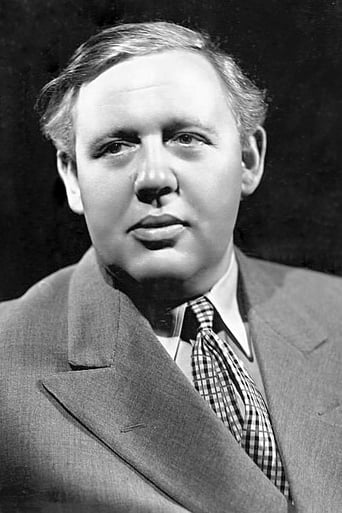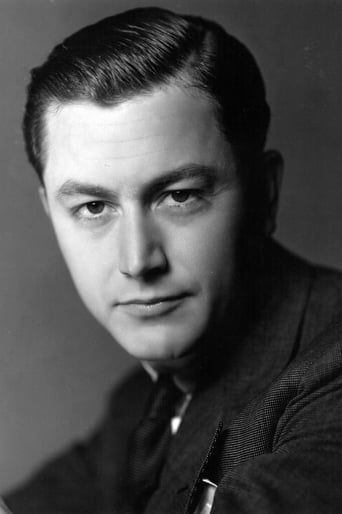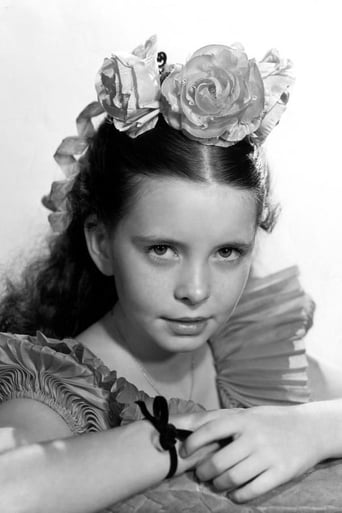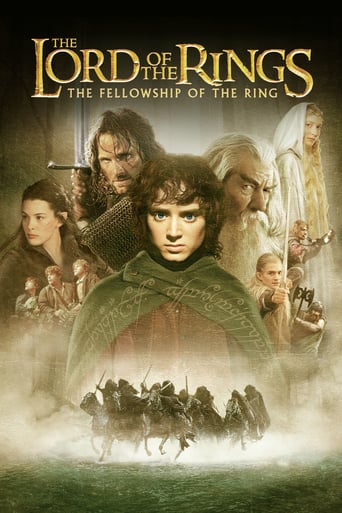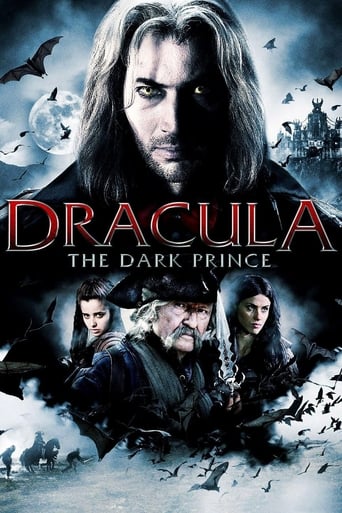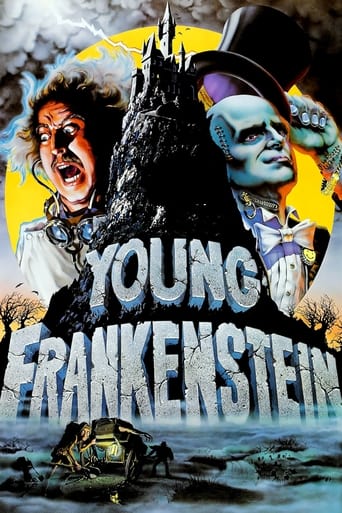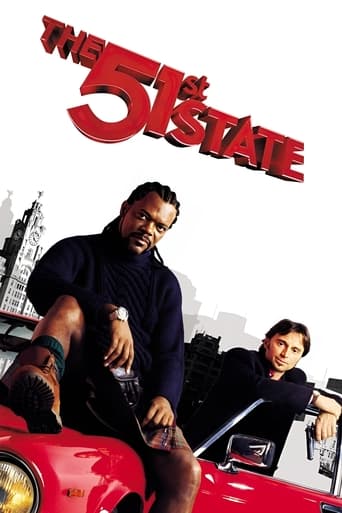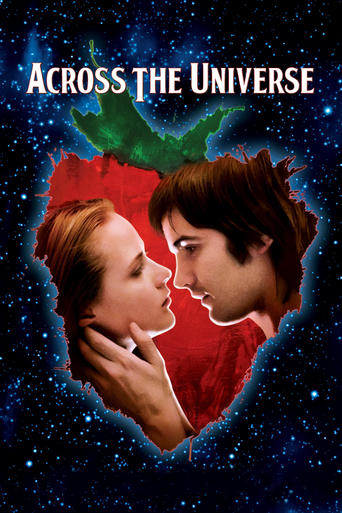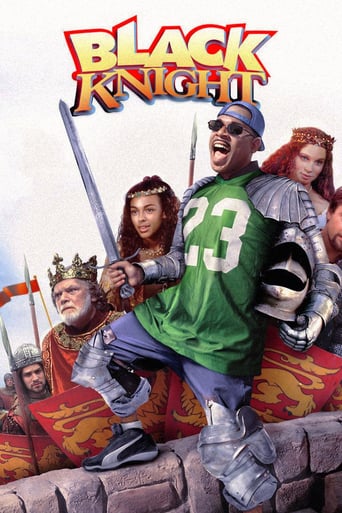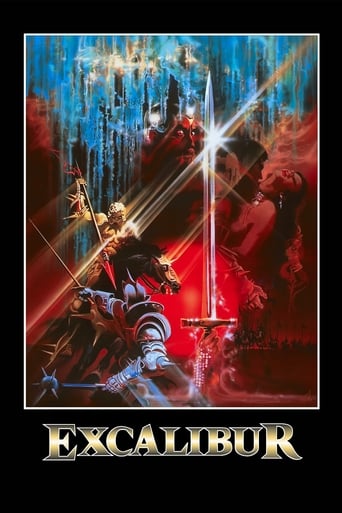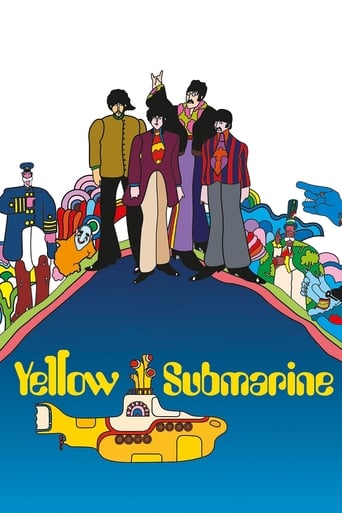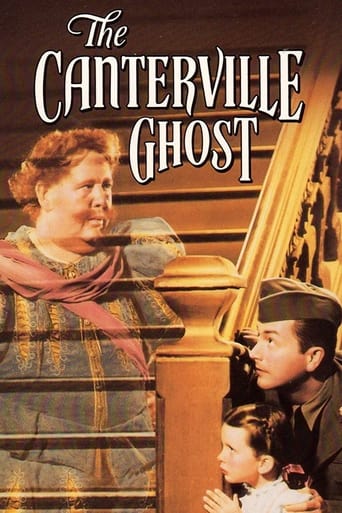
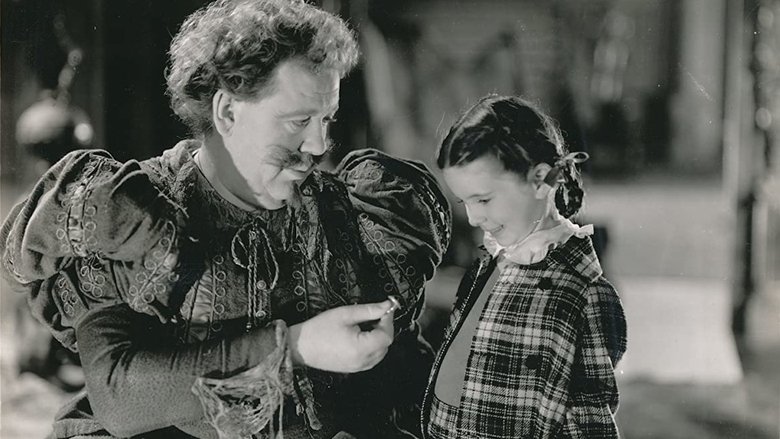
The Canterville Ghost (1944)
The descendent of a ghost imprisoned for cowardice hopes to free the spirit by displaying courage when under duress.
Watch Trailer
Cast
Similar titles

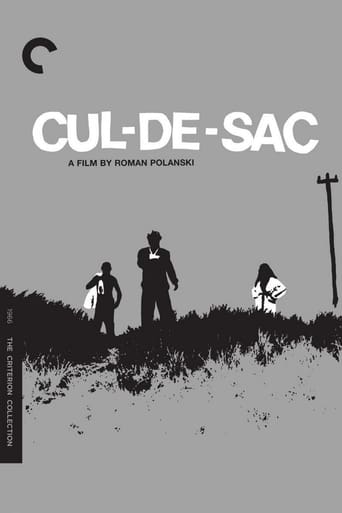
Reviews
I like the storyline of this show,it attract me so much
Why so much hype?
Such a frustrating disappointment
This is a gorgeous movie made by a gorgeous spirit.
Oscar Wilde would be hard put to recognize his off-spring in this updated film ver¬sion. Not only have his American tenants been replaced by billeted G.I.'s and his her¬oine's age lowered from fifteen to six, but the character of the ghost himself has under¬gone a remarkable transformation. No longer a bully who murdered his wife because "she was very plain, never had my ruffs properly starched, and knew nothing about cookery", he is a sadly penitent creature obviously modeled on Robert Donat's The Ghost Goes West for motivation and Bert Lahr's Cowardly Lion for character. At least his speech about death is still more or less intact: "Death must be so beautiful. To lie in the soft brown earth, with the grasses waving above one's head, and listen to silence. To have no yester¬day, and no tomorrow. To forget time, to for¬give life, to be at peace." Naturally, all the quips and satiric thrusts Wilde directed at Americans have been ruth¬lessly removed, e.g. "I come from a modern country, where we have everything that money can buy... I reckon if there were such a thing as a ghost in Europe, we'd have it at home in a very short time in one of our public museums, or on the road as a show." (This Wilde idea was actually used in The Ghost Goes West). MGM have fashioned Wilde's wit into a rather ponderous and hokey script. Nonethe¬less, it does offer some marvelously comic and wonderfully bizarre opportunities for Laughton who takes full advantage of every opening. Miss O'Brien proves a gifted assistant, but - with the exceptions of Reginald Owen and Una O'Connor - the rest of the players are somewhat hamstrung by forced and dated dialogue. No matter, as Charles Higham points out in his incisive study, "Charles Laughton: An Intimate Biography" (Doubleday, New York, 1976) Laughton is always most engaging. Whether "flying across rooms rattling his chains, screaming or groaning to frighten the G.I.'s, or, in a lyrical sequence, quietly speaking about his need for peace ... he makes the ghostly Canterville a touching and pleasantly grotesque figure of fun." Charles Higham also tells us that the film was started by director Norman Z. McLeod who relinquished his post in despair after seven days of shooting when he failed to win Laughton's confidence. Laughton helped the young Dassin with valuable suggestions in private, though taking pains never to argue with the director in front of the cast and crew.All told, Dassin's direction comes across as proficiently competent, though there is little to distinguish his input from that of the other minor MGM directors of this period - like Roy Rowland, say - except a couple of unusually long takes between Laughton and O'Brien, and a few shots stylishly framed by mullioned windows. Robert Planck's black-and-white photography tends to be grainy (to facilitate the special effects?), though some of the night interiors are very attractively lit (the television print is tinted green, or at least it was back in 1987. The current print aired by TCM has reverted to grainy black-and-white). Other credits are up to the mark.
I can't say for sure how faithful The Canterville Ghost is to Oscar Wilde's story as it's been a while since I read it. What's for sure though is that I have always really liked this film. The story is slight and may get a little too schmaltzy at times, however much more than makes up for it. The costumes and sets are simply beautiful and lovingly photographed and directed, while the music is fitting with the film and story's mood. The script is on the whole delightful, piling it on with the fun and charm. And I can say little wrong about the performances either. Charles Laughton plays the title role with real gusto, and Margaret O'Brien is suitably cute as a button and exuberant. They are well supported by the amiable, charming Robert Young, the characterful Reginald Owen and the suave Peter Lawford. All in all, a lot of good fun. 8/10 Bethany Cox
I don't blame the folks involved in this junk version of Oscar Wilde's beautiful, partly satirical, novella, "The Canterville Ghost". It was, after all, typical of the (well-deserved) propaganda films of WW2. But I too was a non-fan of Margaret O'Brien, especially when I was a child and the idea of revising the story to take place during WW2 turned me off. I admit she was in many better films than this one, even as a child star, and even though her line-reading was typical of the children on the present-day Disney channel. Oscar knew what he was doing, unlike the makers of this film.I also wonder why Charles Laughton who is still considered a major stage and film actor of his time got roped into this one but I suppose he considered it "fun". And, as usual for most actors, after a while they will seemingly do anything for a buck.I still cringe when I think about this film and the awful (supposedly naughty!) song about "Gertie from Bizertie" which was more acceptable, I suppose, than "Madamoiselle from Armentières".
This review is somewhat biased, as I am an avid Robert Young fan, and have yet to see him in a less than stellar performance. Margaret O'Brien is also splendid, and it is hard to believe so much talent projects out of a six year old girl. Charles Laughton is memorable in his fine delivery of both pathos and comedic skills.A highlight of the film for me is the music played by the G.I.s. at a local party. Music is classic 40's 8 to the bar, visually punctuated with awesome jitterbugging by the soldiers. A proper female British spectator comments to an incredulous priest, "I believe they call it woogie boogie." It is unknown what what the song title or who the recording artists may have been, however credits list original music for the film as provided by George Bassman.
